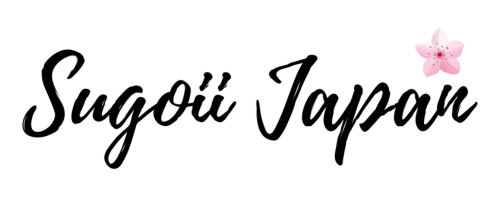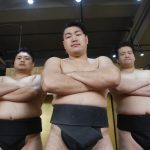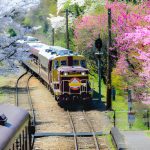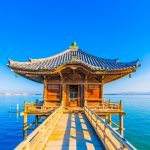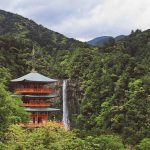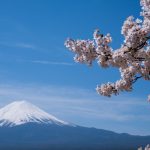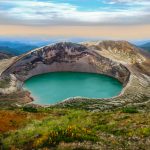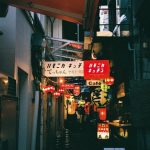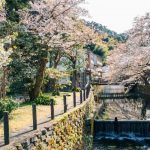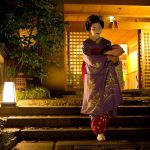Japan can be aptly described as a country that’s home to a wonderful amalgamation of historical tradition and world-leading modern advances. No other country in the world can so charmingly fuse ancient architecture, customs, and culture with contradicting social trends, technology, and contemporary design. It’s a big part of its charm, and the Japanese know it.
Stay in Tokyo, the most populated in the entire world, and you will barely walk anywhere within a 10sqm vicinity without being attacked by bright shining neon signs, loud billboard advertisements, hostesses charming people into their restaurant establishments, and millions of conversations going on around you.
However, travel 1-2 hours outside of Tokyo, and you could be rewarded with Zen ambience, panoramic views of imposing mountains, unlimited supply of matcha green tea, and the untouched simplicity of nature.

That, my friend, is what you’ll experience if you decide to stay at a traditional ryokan in Japan.
What Is A Ryokan?

For those who don’t know, a ryokan is essentially a traditional Japanese inn that provides accommodation to guests. Ryokans originated centuries ago, popping up as a form of overnight lodging for travelers along the main highways of the country (back then there were no cars, so lots of people traversed on foot!). They provided a basic means of food, bathing, and sleeping arrangements.
However, these days, guests of ryokans stay more for the experience. Because really, there’s no truer way to immerse yourself into one’s culture than to live like one did back in history, right?
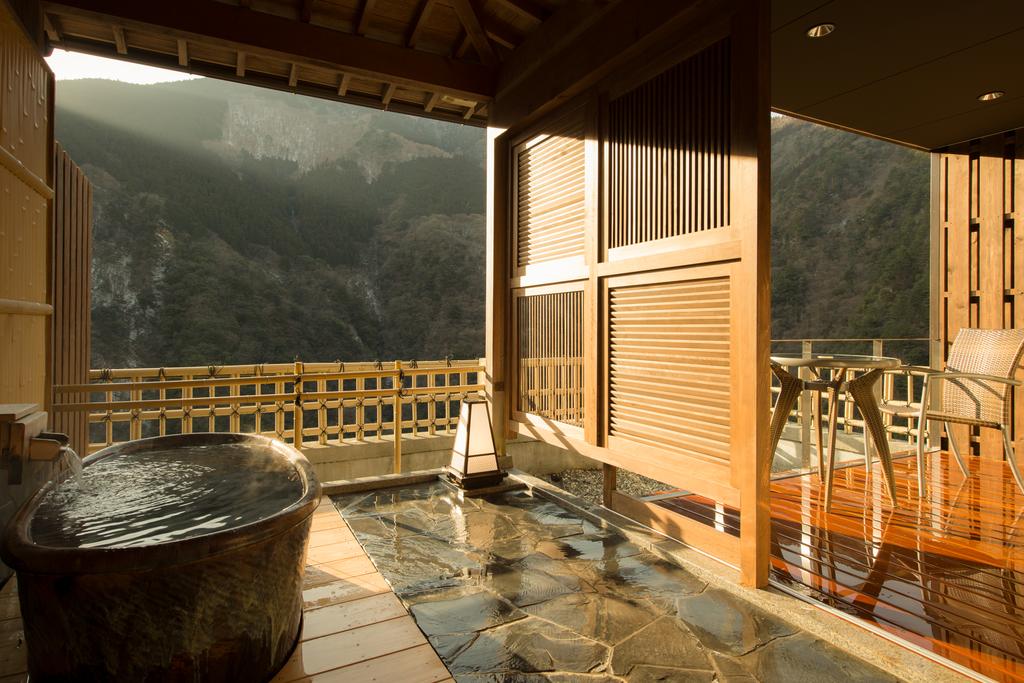
A ryokan stay is vastly different from staying at a hotel, and that’s a wonderful thing. You will learn to embrace the gorgeous ancient architecture and interior design of the establishment, the quiet serenity that fills the hallway and common areas, the gorgeous tatami man flooring, the delicate shoji sliding doors and windows, and the beautifully crafted kaiseki meals that come with your stay.
Ryokan Etiquette

As with most cultural attractions in Japan, there is indeed an etiquette to follow. However, instead of viewing it as a set of hard and fast rules to follow otherwise you’ll get into trouble, think of it more like a humbling, immersive way to elevate your experience.
One of the things that you’ll notice when you begin looking up ryokans in Japan is that many guests are donned in yukata, which are simple Japanese robes. Majority of the time, these are part and parcel with staying at ryokans, and is a great way to experience their culture, but you will need to make sure that you put it on correctly, as dressing in it incorrectly could put you in an awkward position!

Another reason why staying in a ryokan is so special is because they are normally located in onsen towns, and will often offer their own onsite public and/or private hot spring bath for guests, something that everyone needs to try if they have access to!
For the Japanese, onsen bathing is as natural as breathing, but for foreigners, who are generally used to much more modesty, the act of stripping down and bathing naked with strangers can be extremely daunting, and, you’ve guessed it, will appear that way due to the proper etiquette that needs to be followed.

The above two are some of the more culturally significant rules, however, we do recommend that you familiarise yourself with the rest of the etiquette to be aware of. To read more into it, please visit our article on Ryokan Etiquette >>
Where To Find The Best Ryokan in Japan
When you begin your quest into looking for the best ryokan across Japan, you will come across many articles that speak about the hundreds of ryokans situated all over the country. Depending on what you’re after, this could separate you from a small rural village deep in the mountains of central Japan, to a colossal beachside ryokan along the beautiful Japanese coast.
Kyoto
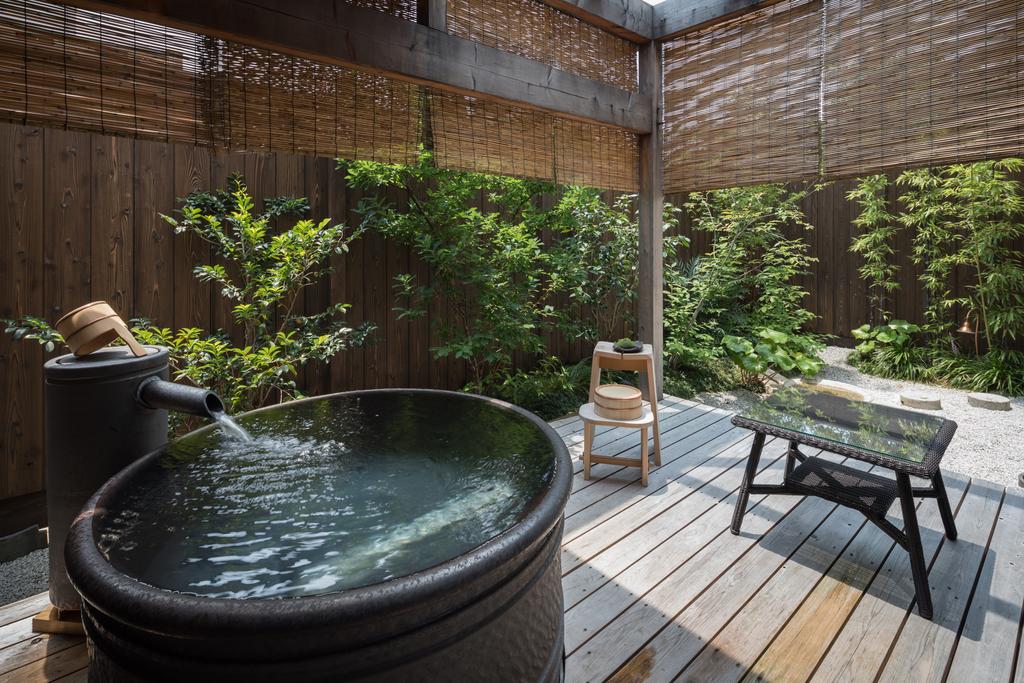
Whatever you decide is your idea of the perfect ryokan is really up to you, but in the most generic sense, Kyoto, the historical imperial capital of Japan, has long hosted the most stunning and luxurious ryokans across the entire country – everyone knows it.
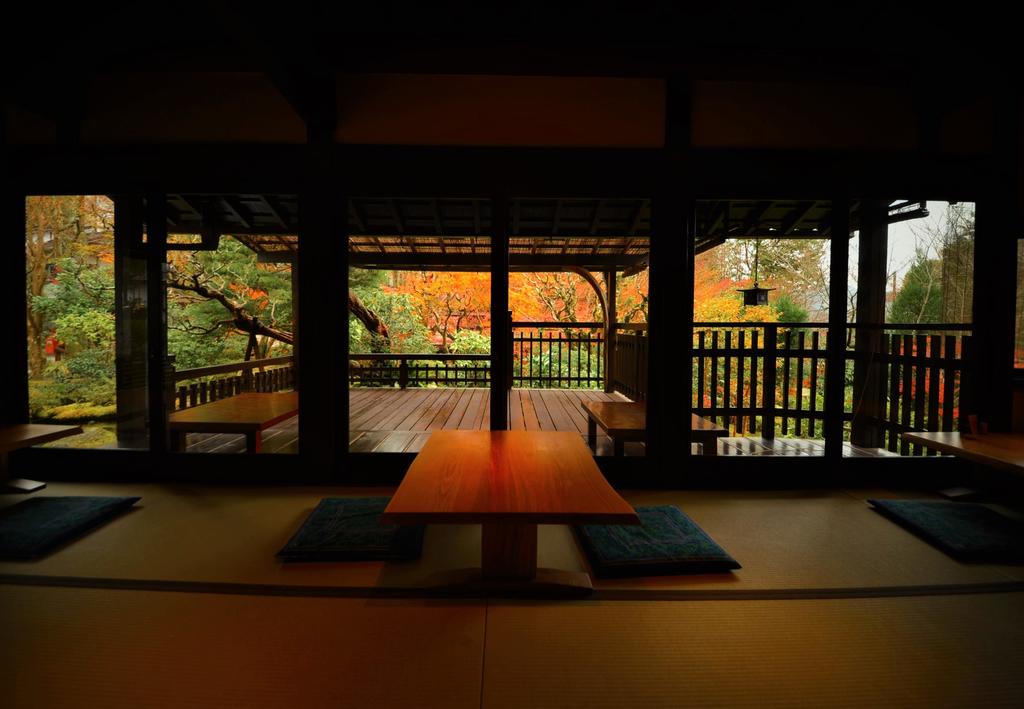
To find out our recommendations of the top 10 most impressive Japanese traditional inns in Kyoto, we think you should check out this article here: Best Luxury Ryokan Kyoto >>
Hakone

If you’re traveling to Tokyo and using it as your base, chances are, you’re probably balking at the idea of traveling to the city of Kyoto for a ryokan stay, especially if you were not planning to head out west. If this is the case, we highly recommend looking into Hakone.
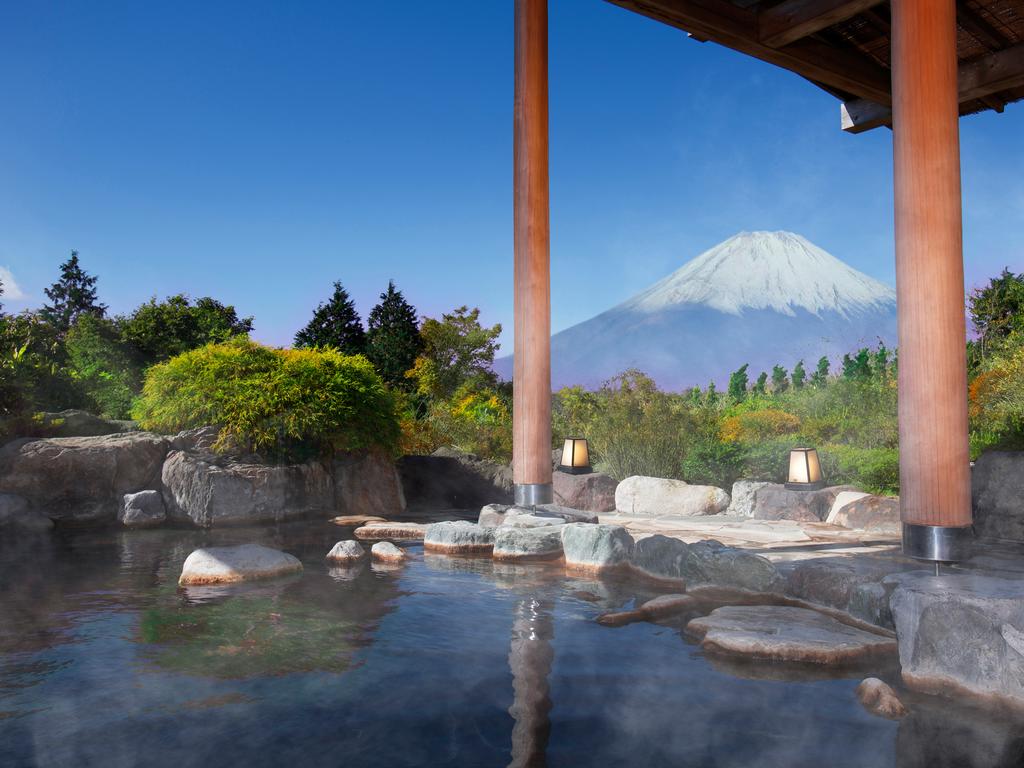
Hakone is one of the most well known luxurious hot spring resorts that’s close enough to Tokyo to be a day trip, but far enough to be a thrill. Hakone hosts an amazing array of luxurious ryokans that will blow your mind with their beauty. If you want to learn more, check out our article about the top 9 best ryokan in Hakone with private onsen!
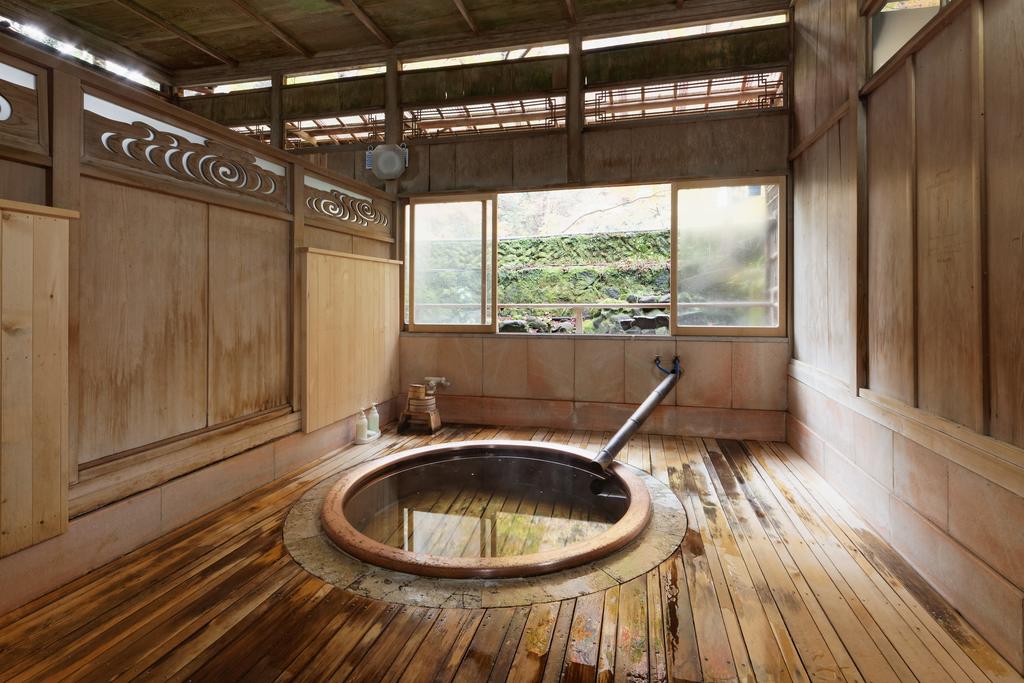
Of course, the aforementioned hot spring locations are both very much on the beaten track of foreigners. Travelers and influencers will rarely fail to make a mention of Kyoto or Hakone, simply because they lead the onsen scene with their impressive design, size, features, and location.
For those who are after a pampered, luxurious experience, you would immediately look at the above two. However, if you’re looking for something off the beaten track, hidden high up in the mountains and deep within the villages, unique design that stays true to historical Japanese ryokan roots, and an experience that’s more profound than it is eye-popping, then we do have some favourable suggestions for you.
Takaragawa Onsen

Ryokans located in Takaragawa Onsen (in the Gunma Prefecture) are considered to be some of the most romantic ryokan getaway options in Japan. Due to its remote location situated far away from metro crowds and civilisation, guests here get to experience a wholesome tranquility that is irreplaceable, and definitely not easy to come across, especially in regions that draw thick crowds. To find out more our favorite Ryokan in Takaragawa Onsen, read this blog post: Takaragawa Onsen Osenkaku >>
Kusatsu Onsen
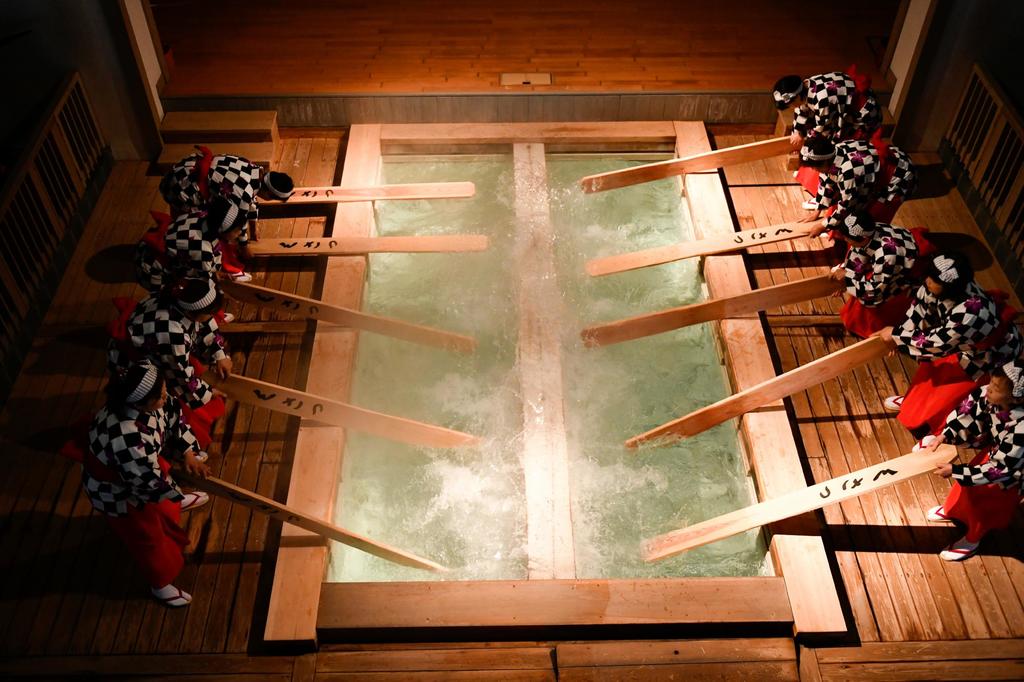
Want to go where the locals go? Look no further than Kusatsu Onsen. This small and humble hot spring city is not one that foreigners would casually drop into a conversation, however, Japanese locals love visiting this place due to its easily accessible location and gorgeous network of authentic ryokans.
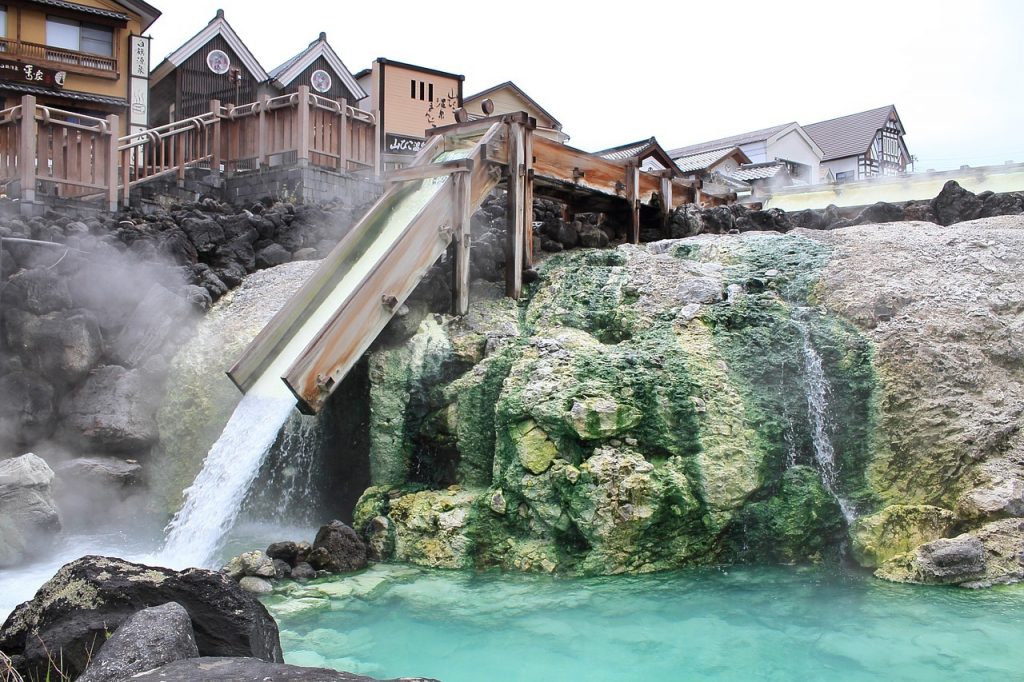
Want to learn more about their ryokans? Read it here through our article about Kusatsu Onsen Ryokan >>
Arima Onsen
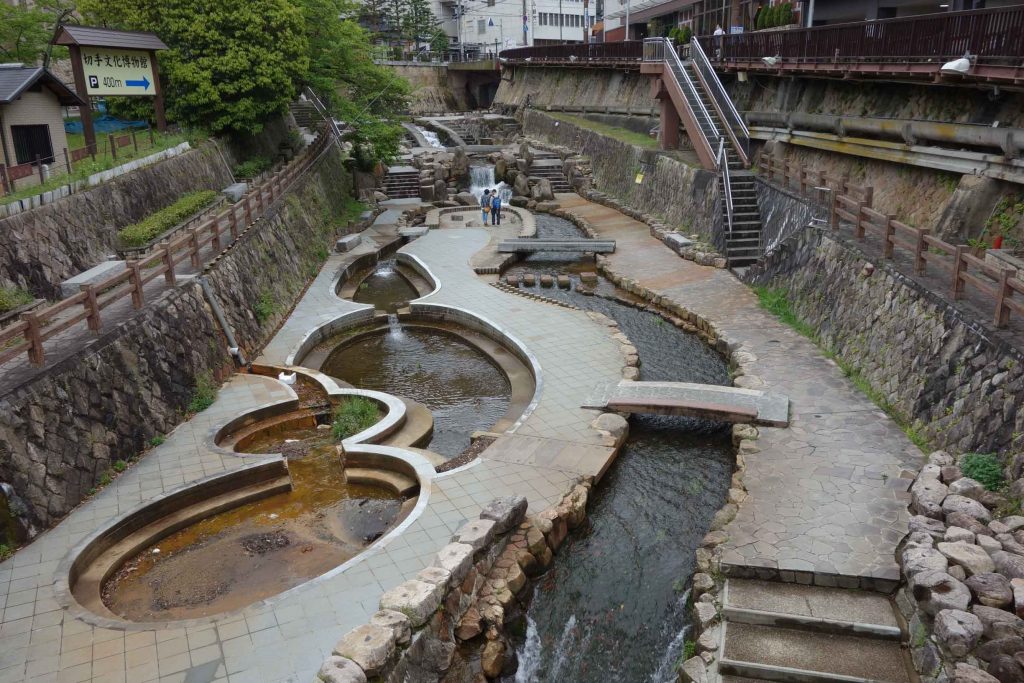
If convenience is a key factor in planning your ryokan visit then Arima Onsen is a great option in terms of accessibility location and nearby attractions. Located only one hour away from Osaka City, Arima Onsen can be done as a day visit.
However, if you do have the time, we recommend staying overnight at one of the rustic ryokan in the area which will offer amazing onsen bathing experiences so that you can leisurely explore the hidden cobblestone laneways and shops at your own pace.

Arima Onsen is actually considered to be one of the oldest hot spring resorts in Japan and its most famous characteristic is the various water that flows through the town: the Kinsen or Gold Water (from iron deposits) and Ginsen which is Silver Water (from radium and carbonate).
We’ve highlighted some of the most incredible and aesthetic Japanese traditional inns in another article. If you need help trying to decide where to stay, check it out: Arima Onsen Ryokan >>
Beppu

If you’re looking for something a little bit different, Beppu Onsen town, located on the western side of Japan, is a great option. It’s home to a whopping eight different gorgeous hot springs, and is also located right next to the seaside, which makes for a great place to explore that offers a variety of activities so you’ll never get bored.

Beppu Onsen town also boasts some absolutely breathtaking ryokan options which we have outlined here in our article – have a read: Beppu Ryokan >>
Kinosaki Onsen

For ultimate old school aesthetics, visit Kinosaki Onsen for a trip back into historical Japan. From its beautifully retained cobblestone walkways to authentic Japanese architectures lining its small humble streets, Kinosaki Onsen is world away from the likes of Tokyo and Osaka, and it may be exactly what some people are looking for.
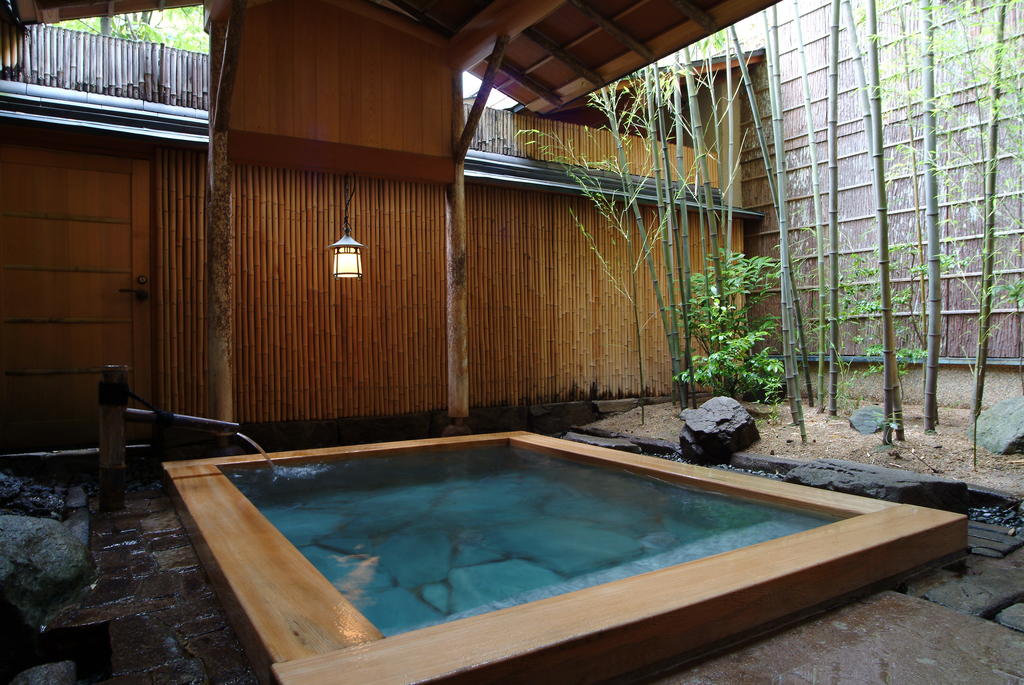
You can imagine that the ryokan options here are simply gorgeous and will never fail to take you back into time to experience a nostalgia you’ve never felt before. Read our article here on the 10 more beautiful traditional Japanese inns in Kinosaki Onsen.
Mount Fuji
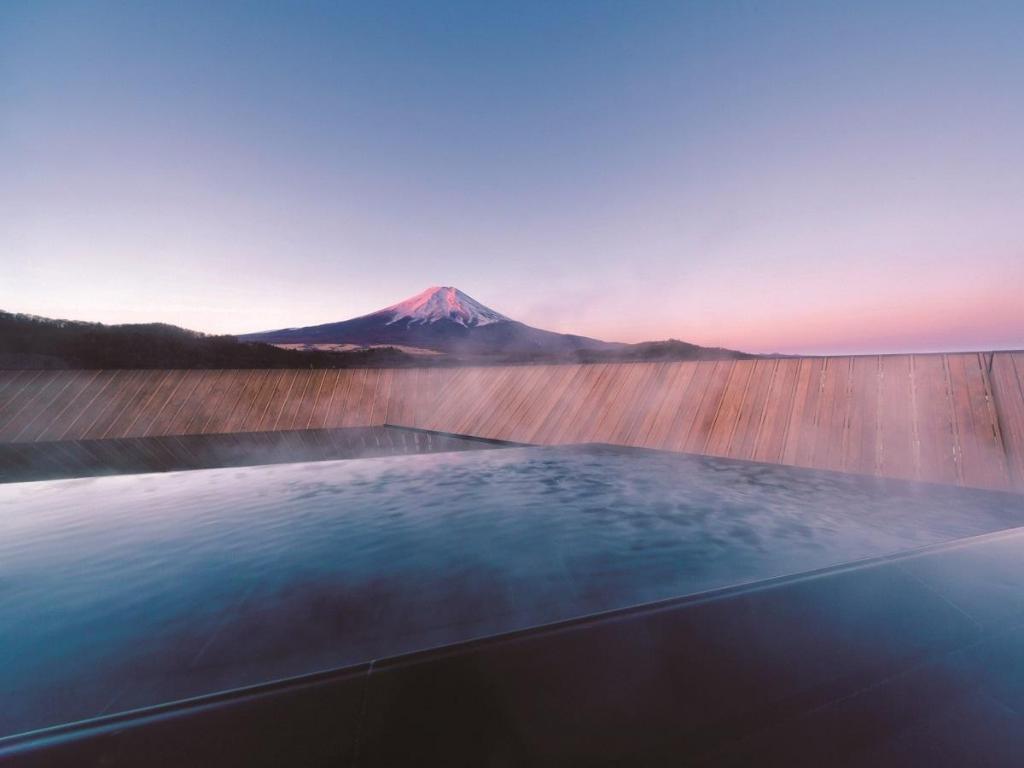
To be complete, the area surrounding the Mt Fuji is home to amazing Japanese traditional inns. If you want to check some of our favorites, make sure you read the following article. You’ll be blown away!
Mt Fuji Ryokan with private onsen >>
Yufuin Onsen
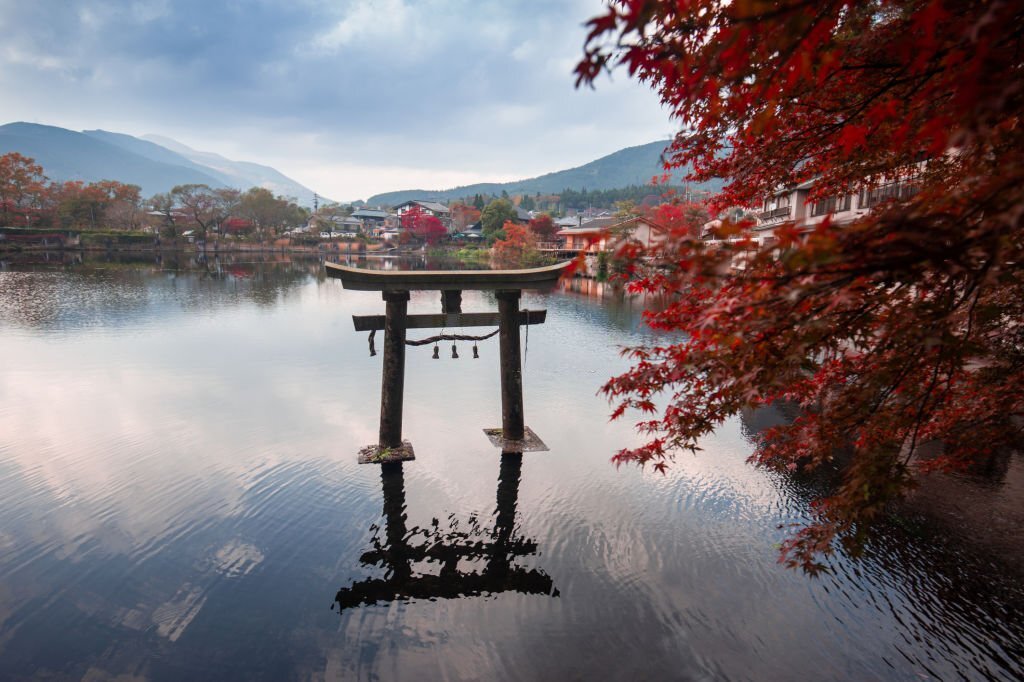
Yufuin is widely considered Japan’s best-kept secret. However, this is rapidly changing as more and more people are traveling to and falling in love with this quaint onsen town located near Beppu.
Yufuin Onsen is situated at the foot of Mount Yufu, and thus you’ll be surrounded by stunning mountain views whilst you peruse this charming little town. Explore the streets and small alleyways whilst browsing the shops, ducking into the small cafes, and experiencing the local galleries.
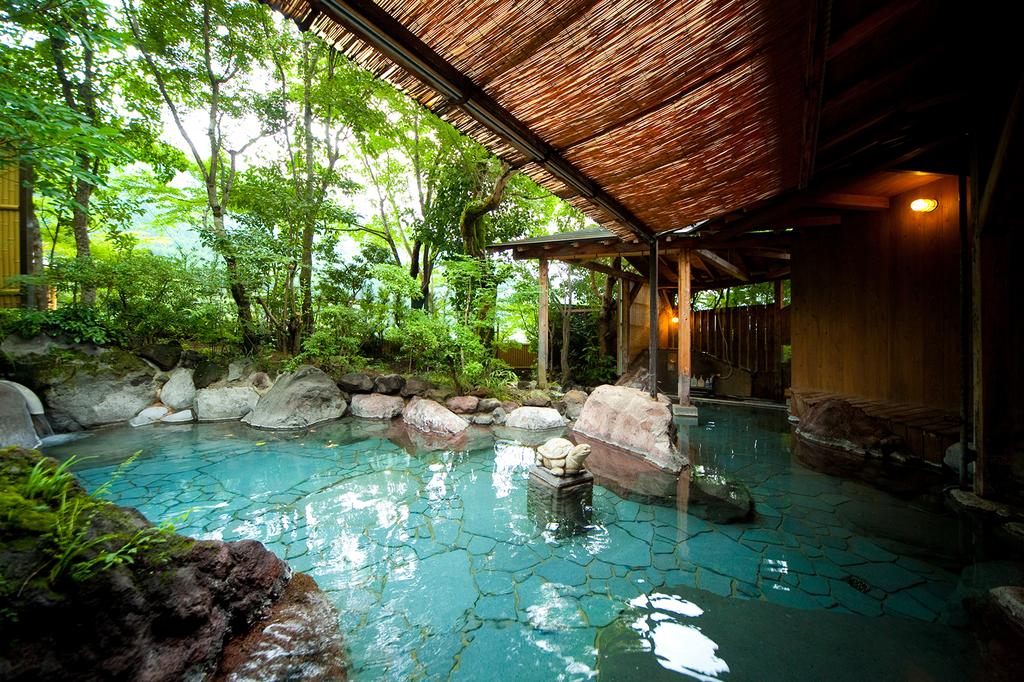
The traditional Japanese inns at Yufuin are about as authentic as they get. They’re sprinkled around town, and most offer a location that’s easy to get to as well as to get around on foot.
It’s definitely one of the most off-the-beaten path onsen towns you’d be visiting!
Discover more about this gorgeous town here: Yufuin Onsen Travel Guide.
Echigo Yuzawa Onsen

Echigo Yuzawa Onsen is one of the most popular destinations in Japan for winter activities. In particular, it’s famous for its skiing and snowboarding facilities which are first-class.

However, locals will know Echigo Yuzawa Onsen first as a historic hot spring resort that served as inspiration for Yasunari Kawabata’s Nobel Prize-winning novel, “Snow Country”.

Indeed, the scenery is breathtaking here, especially during winter, when you’re surrounded by snow-capped mountains and blankets of pure white snow.

Echigo Yuzawa Onsen has a history that dates back over 800 years. Within the onsen village, there are at least seven different hot springs to experience, with a mix of indoor and outdoor ones. As you can imagine, all of them boast extraordinary and tranquil views of the surrounding mountains. In winter, it’s as though you’re stuck within a winter wonderland snow globe.

The spring water at Echigo Yuzawa Onsen is alkaline-based, thus it’s milder in sensation. The water is known to be especially great for healing and relaxing joints – perfect after a long day at the slopes.
Aside from the onsen baths, of course, there are numerous snow fields surrounding the onsen village for you to have fun-filled days at.
Winter activities and onsen bathing honestly make the perfect activity pairing, in our opinion.
For your accommodation, we highly recommend you the gorgeous Toei Hotel Yuzawa, you won’t regret it!
—
There you have it folks, a complete guide to staying in a ryokan in Japan.
Whilst we understand that most itineraries for visitors to Japan are always going to be jam-packed, we strongly urge you guys to take a moment and consider that a ryokan experience might just be the break in your itinerary that you need to rest, revive, rejuvenate, and come out on the other side refreshed, ready to smash out some more urban and nature exploring.
Before you live, feel to also read our last article about how much does it cost to stay at a Ryokan in Japan!
Also note that all our tips about traveling to Japan are here: Japan Travel Blog.
